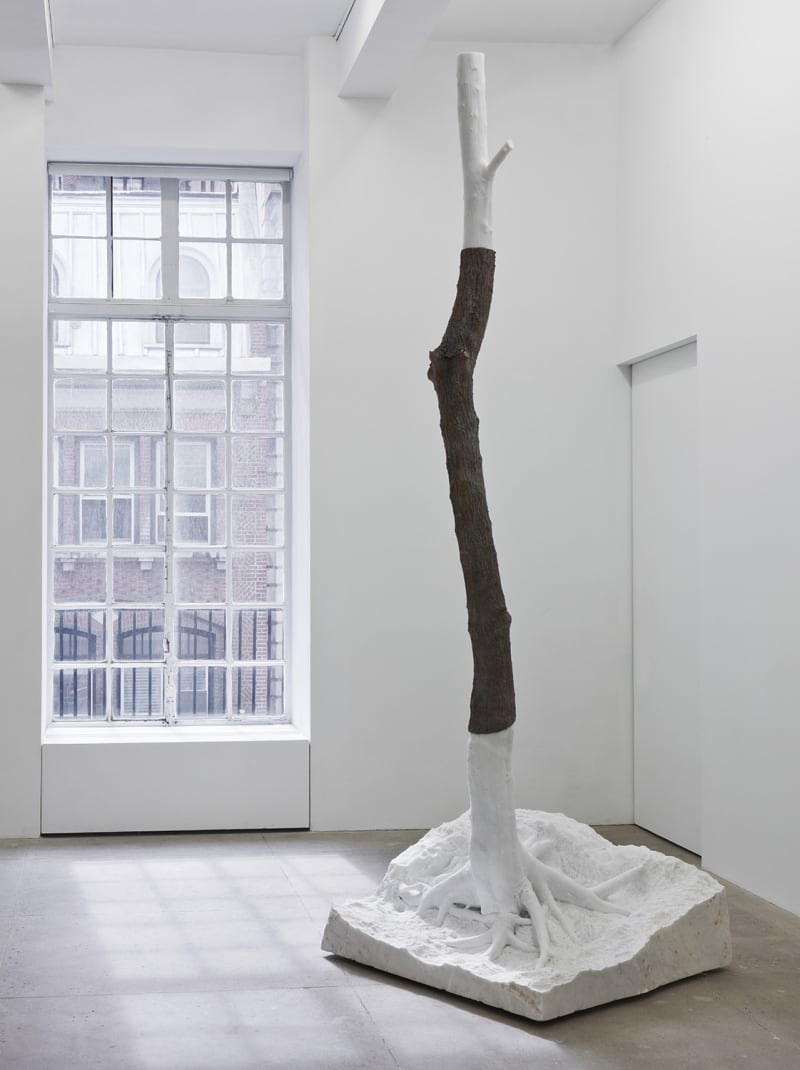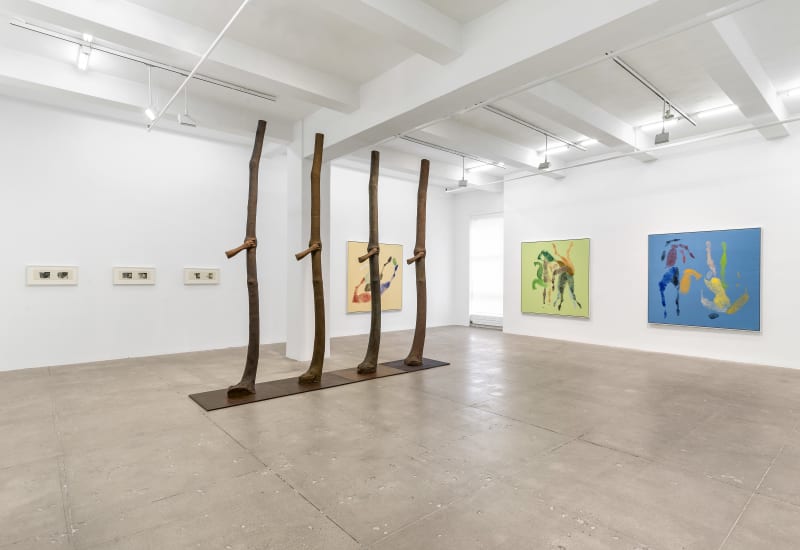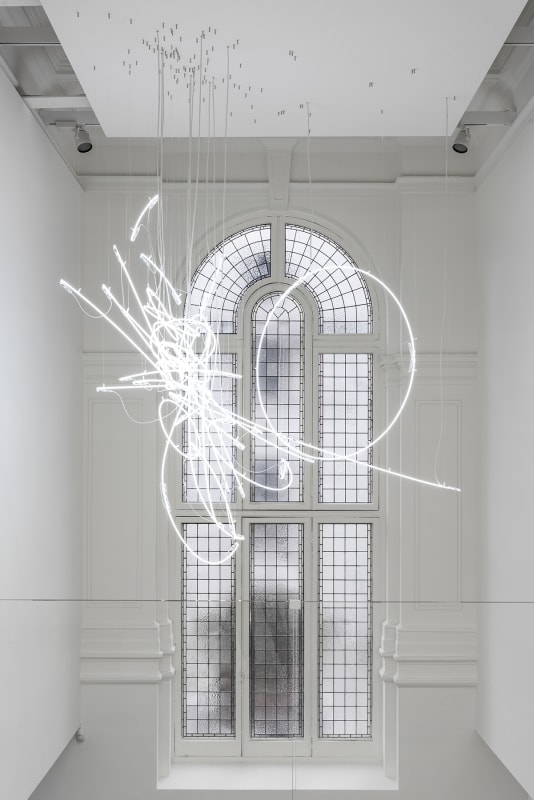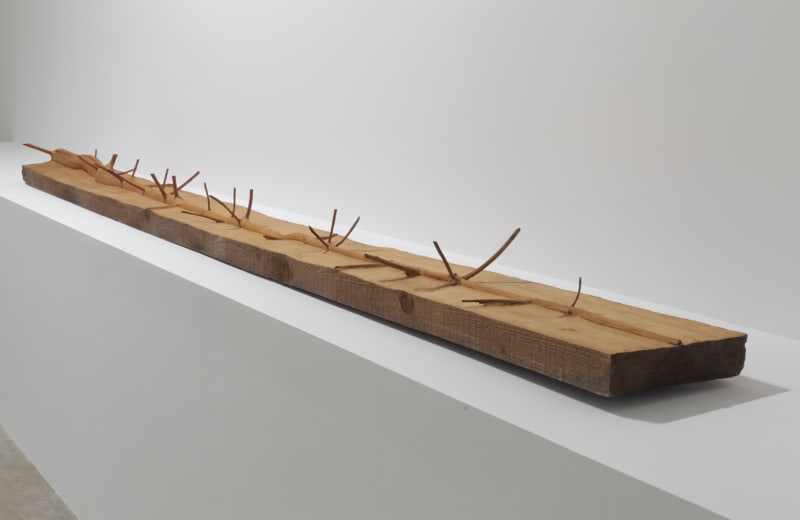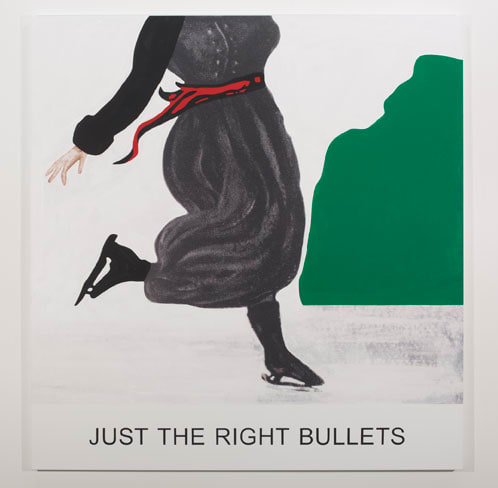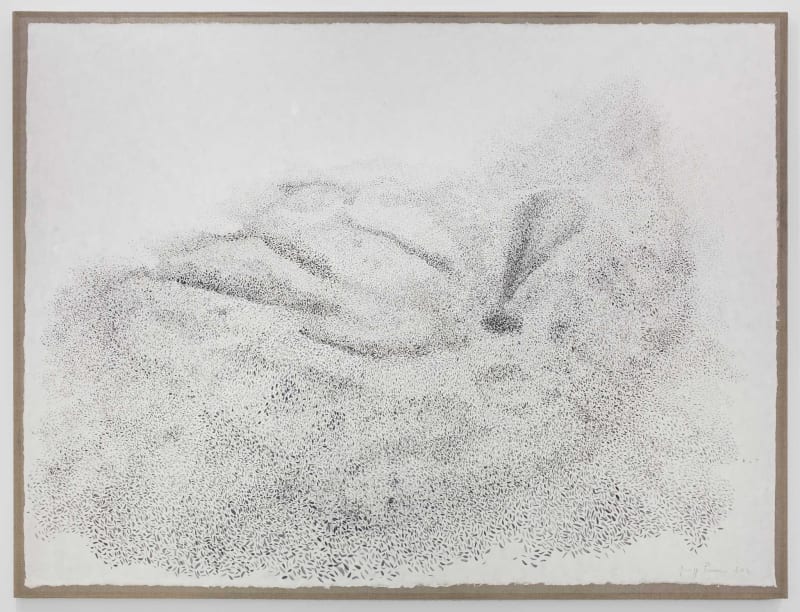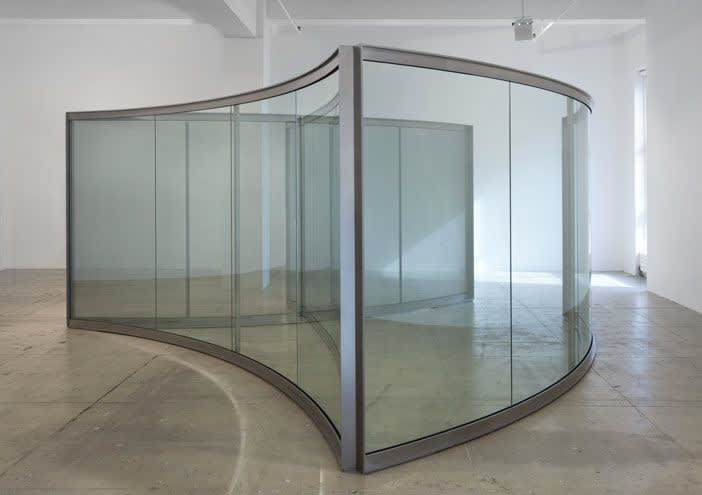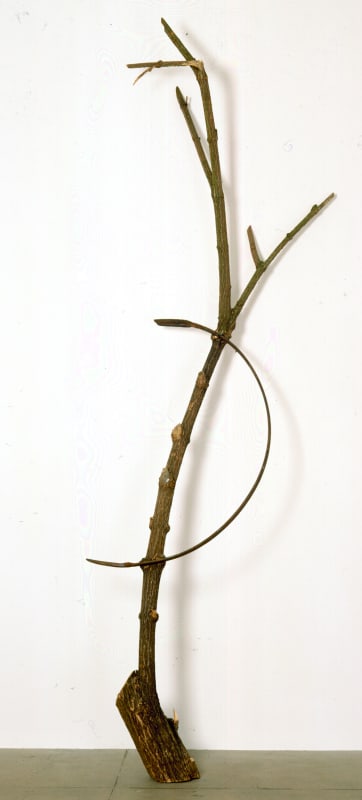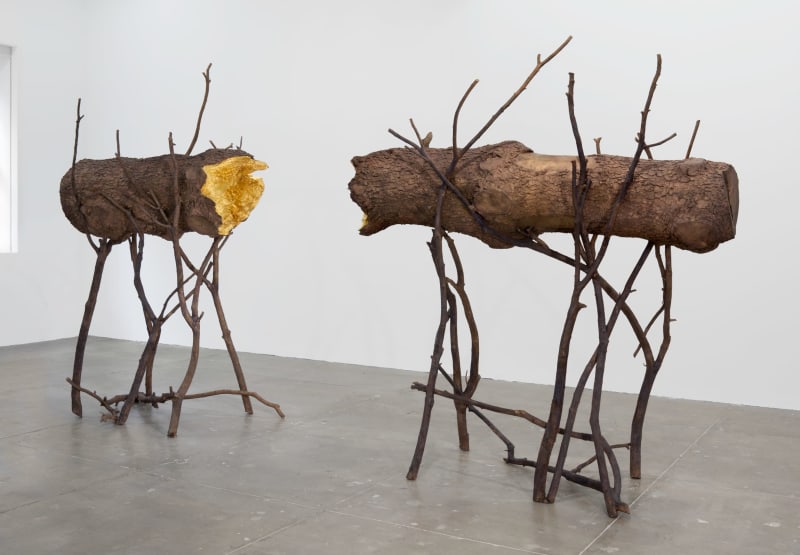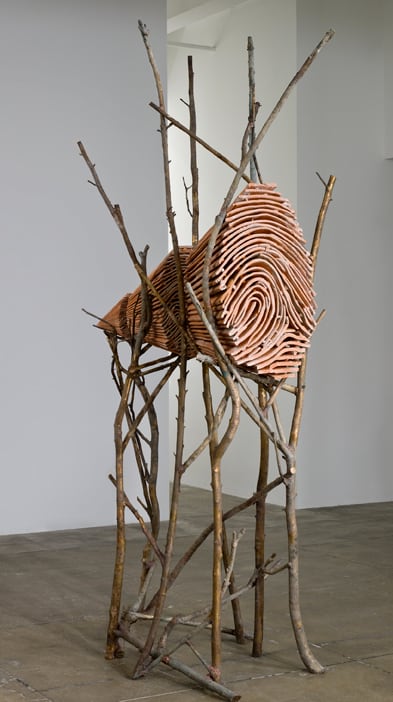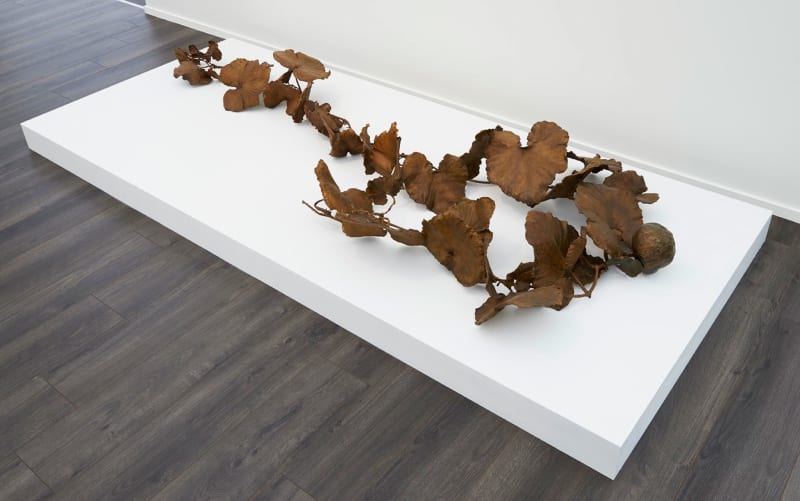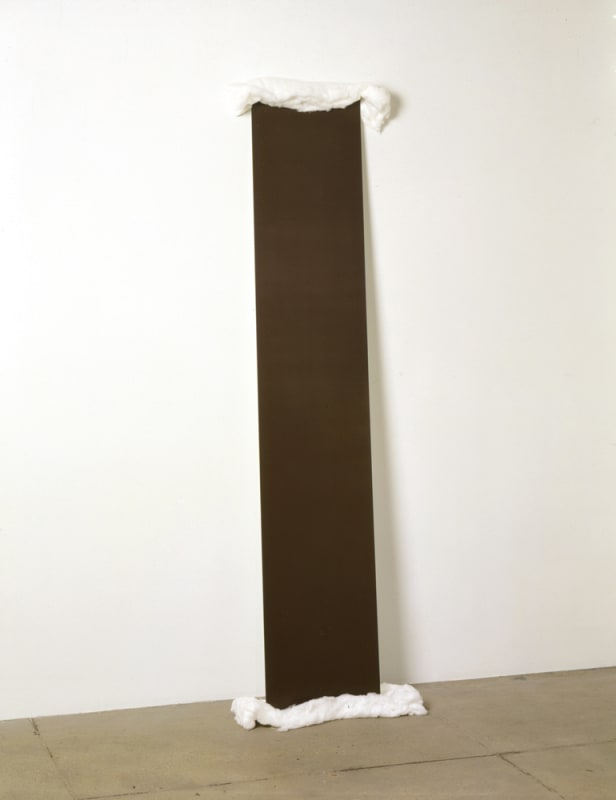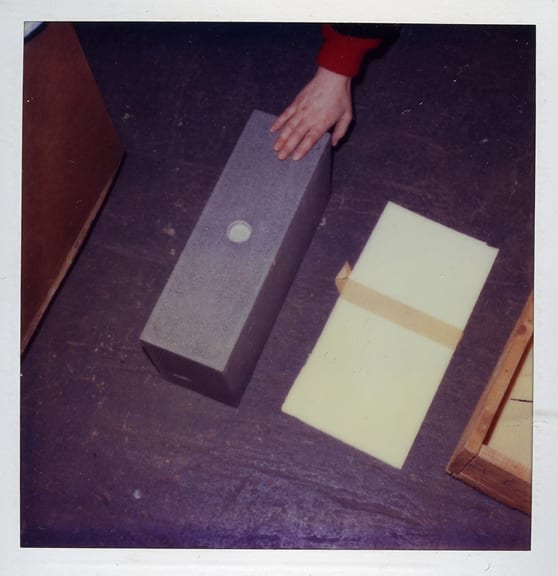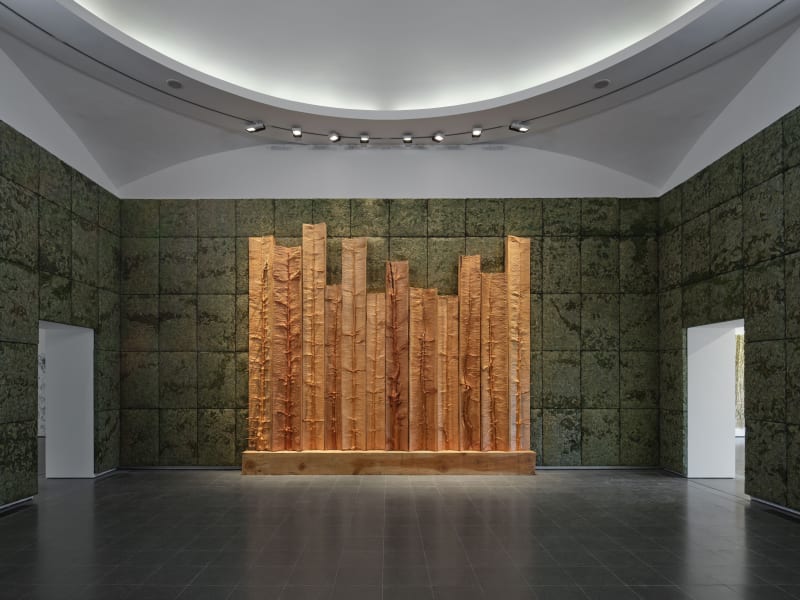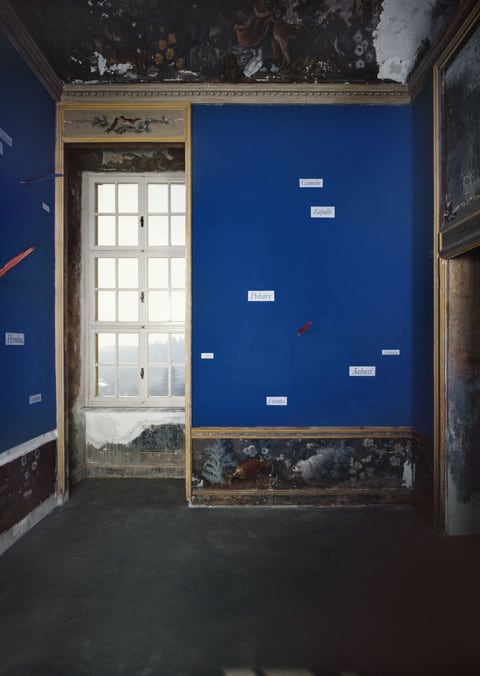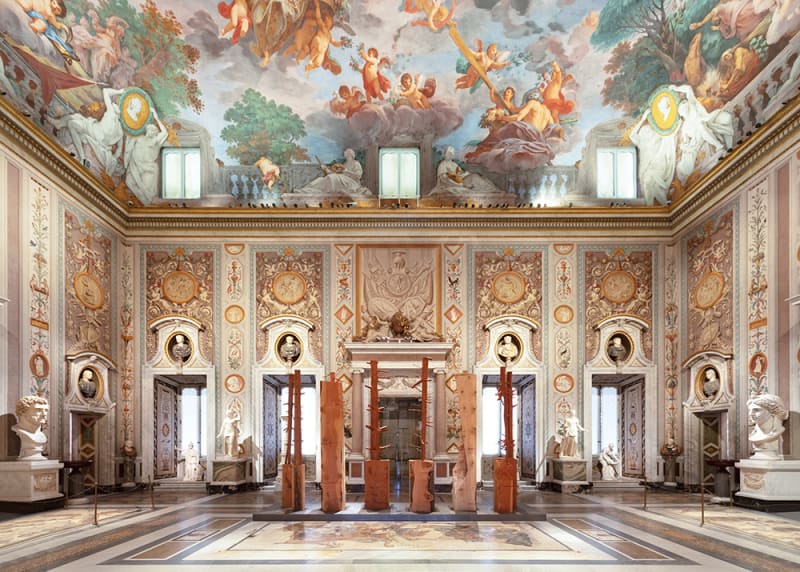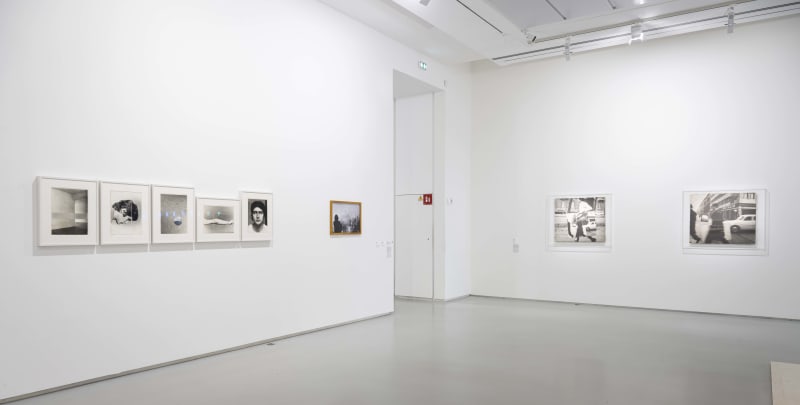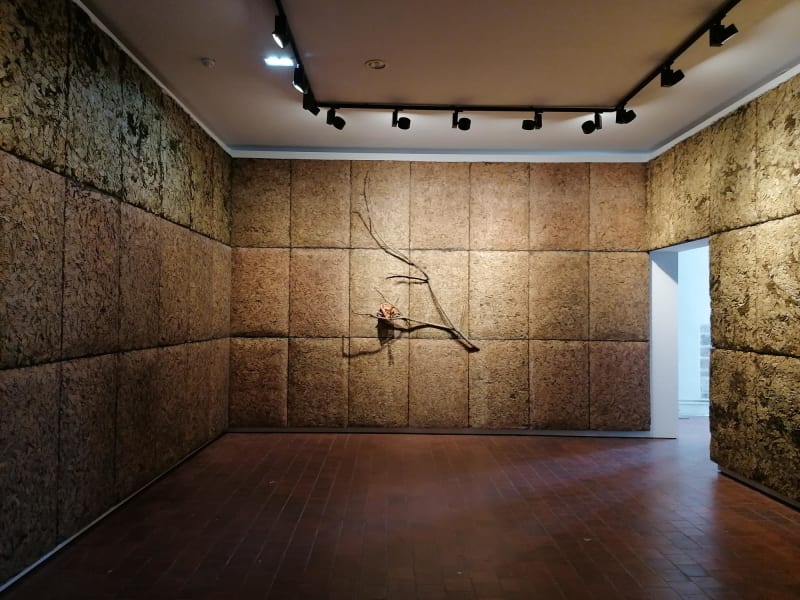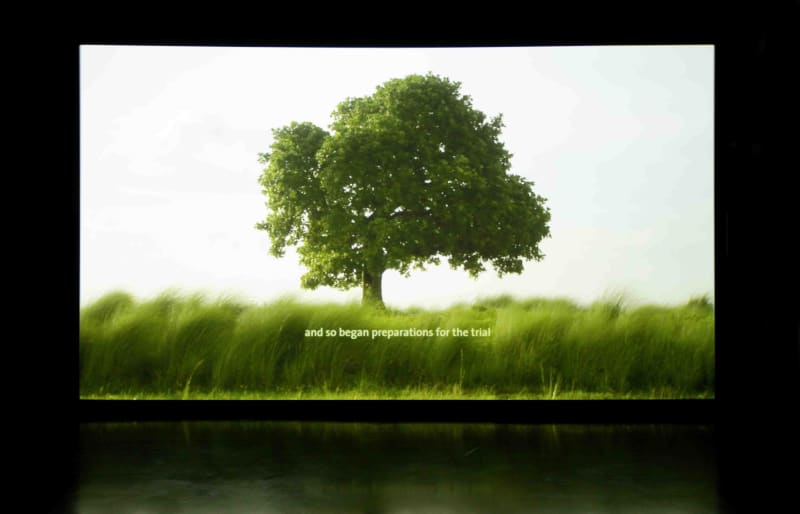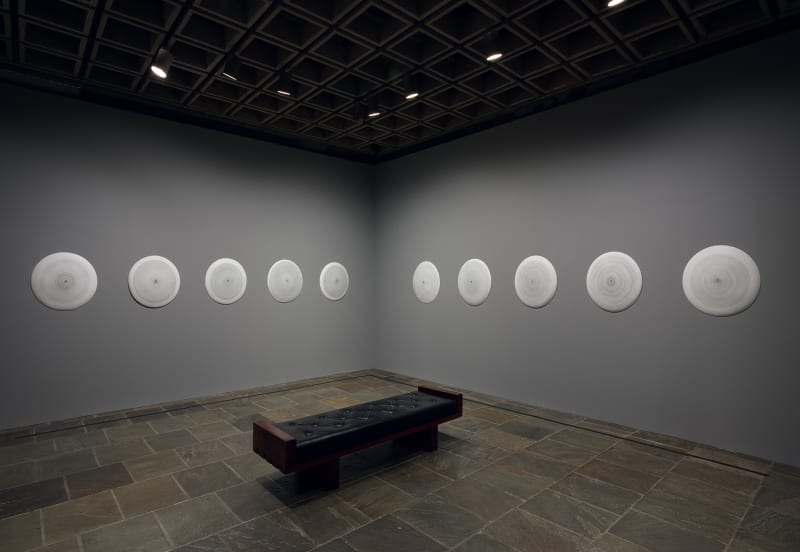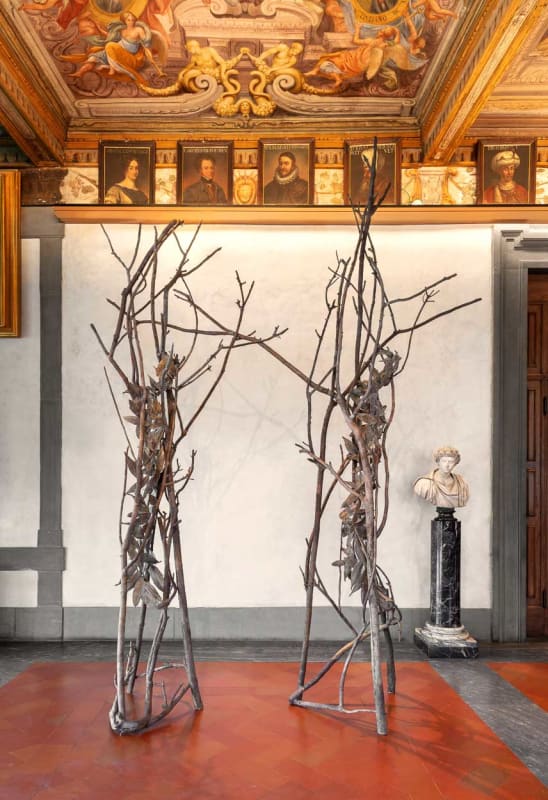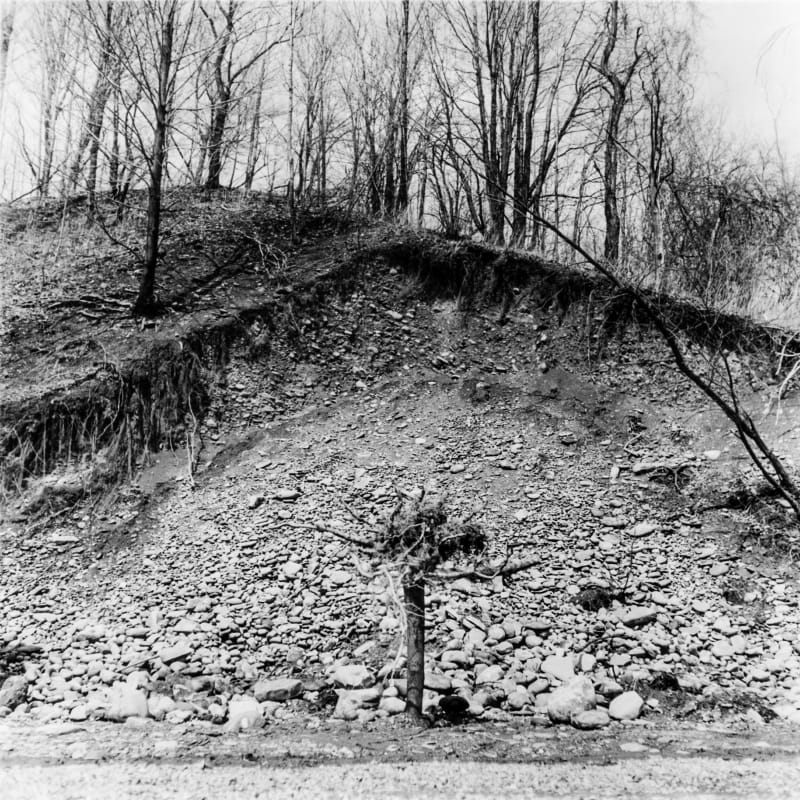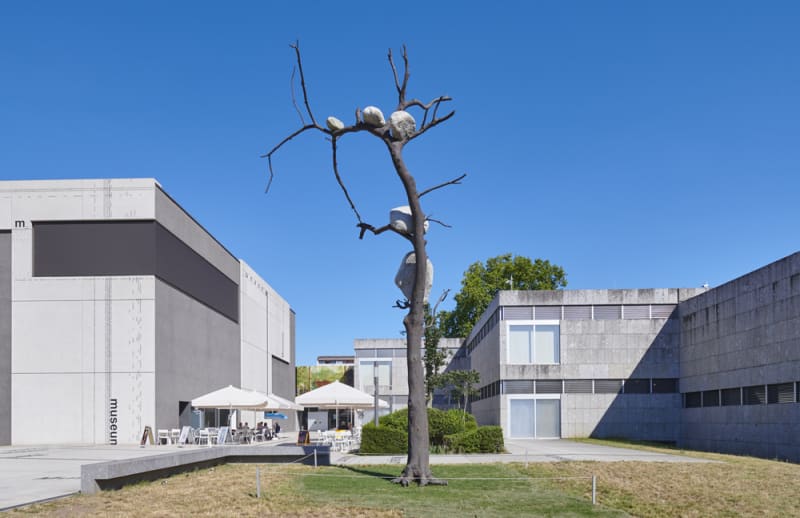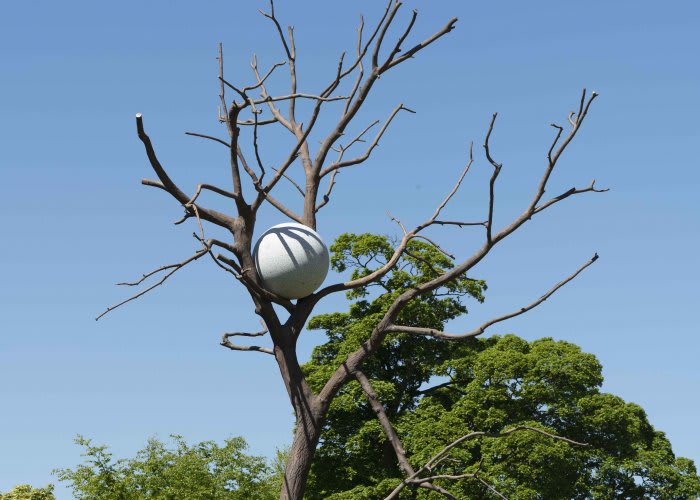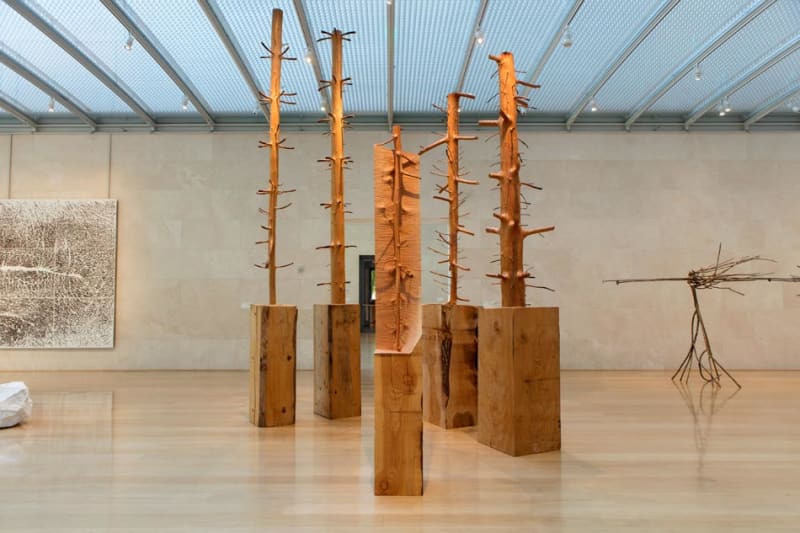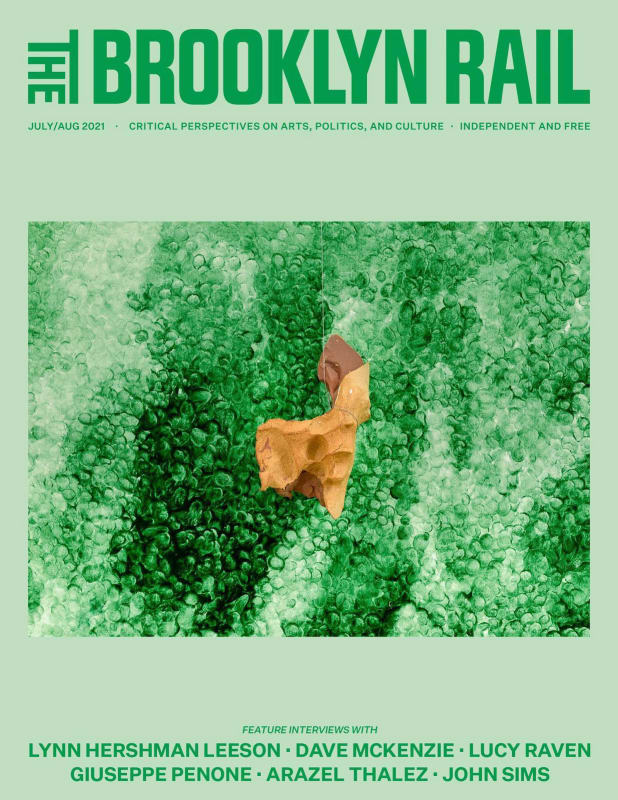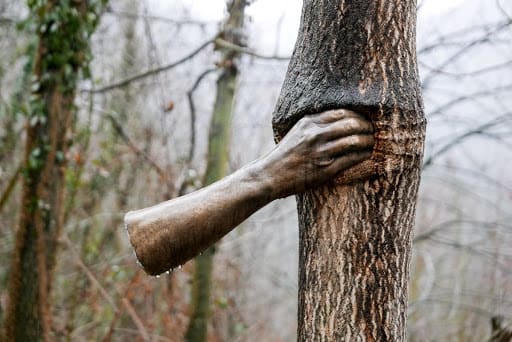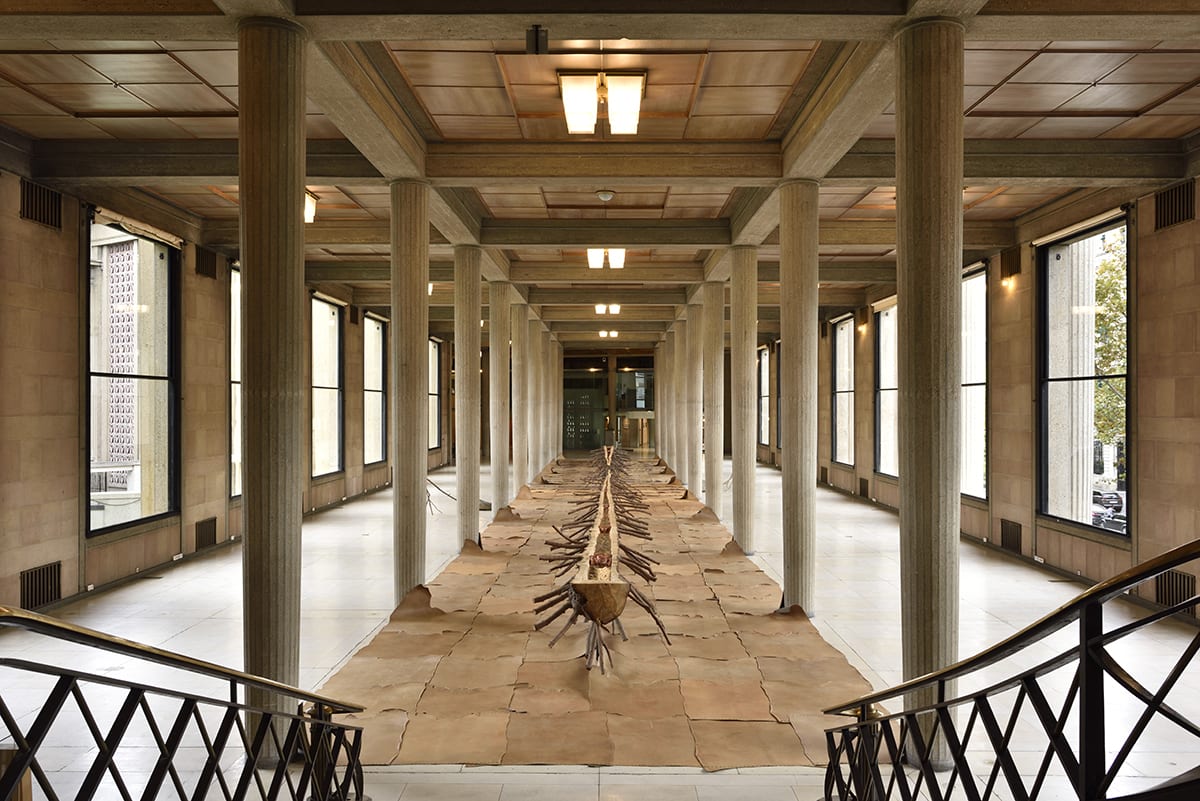
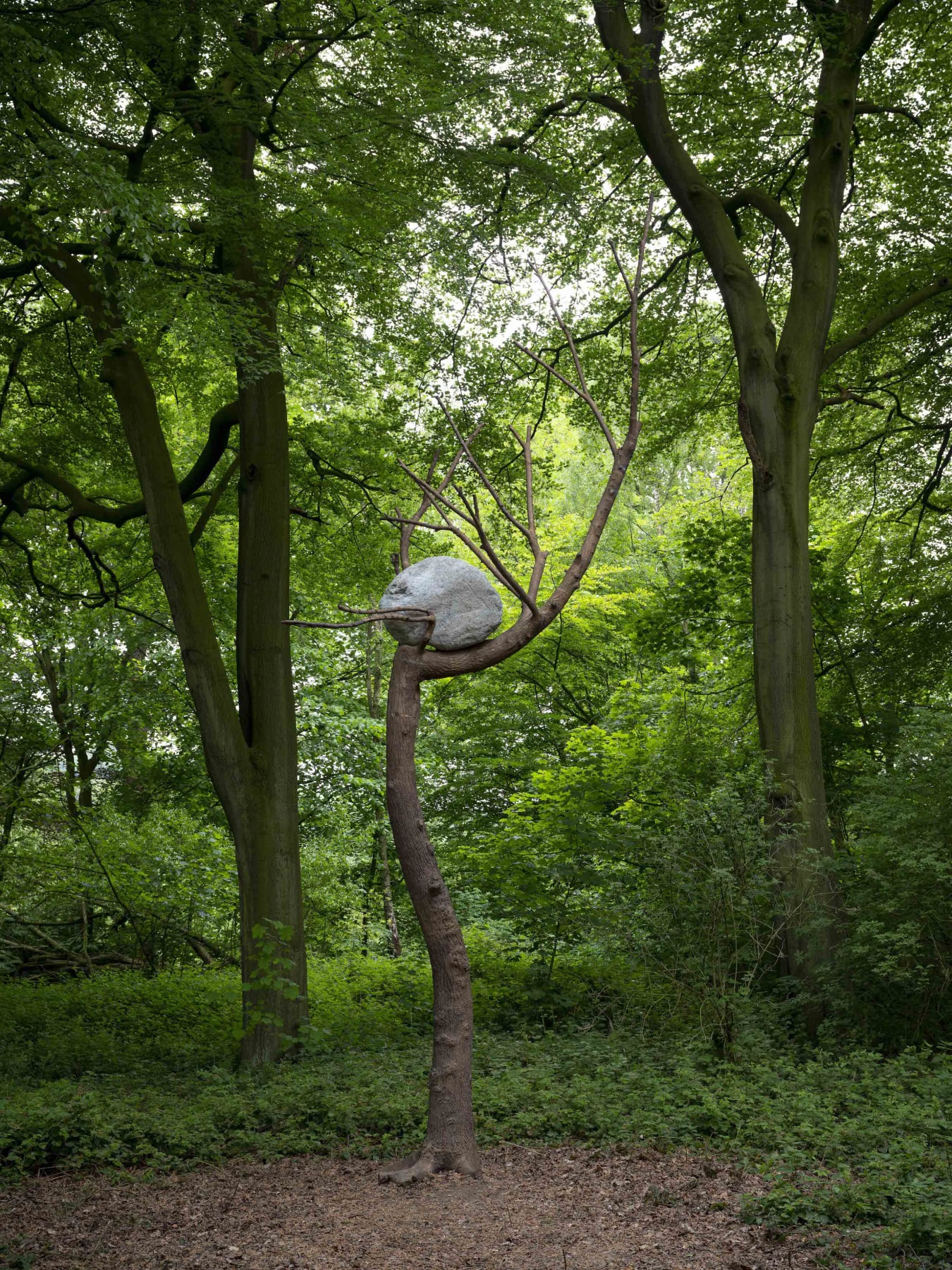
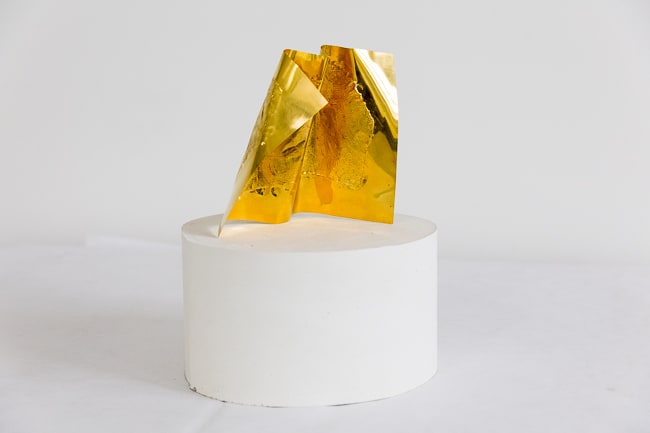
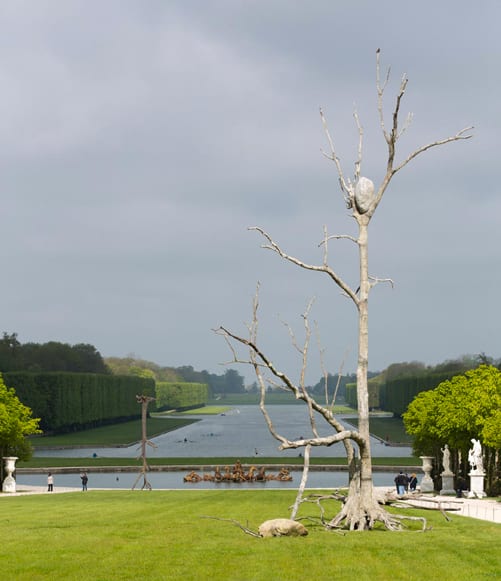
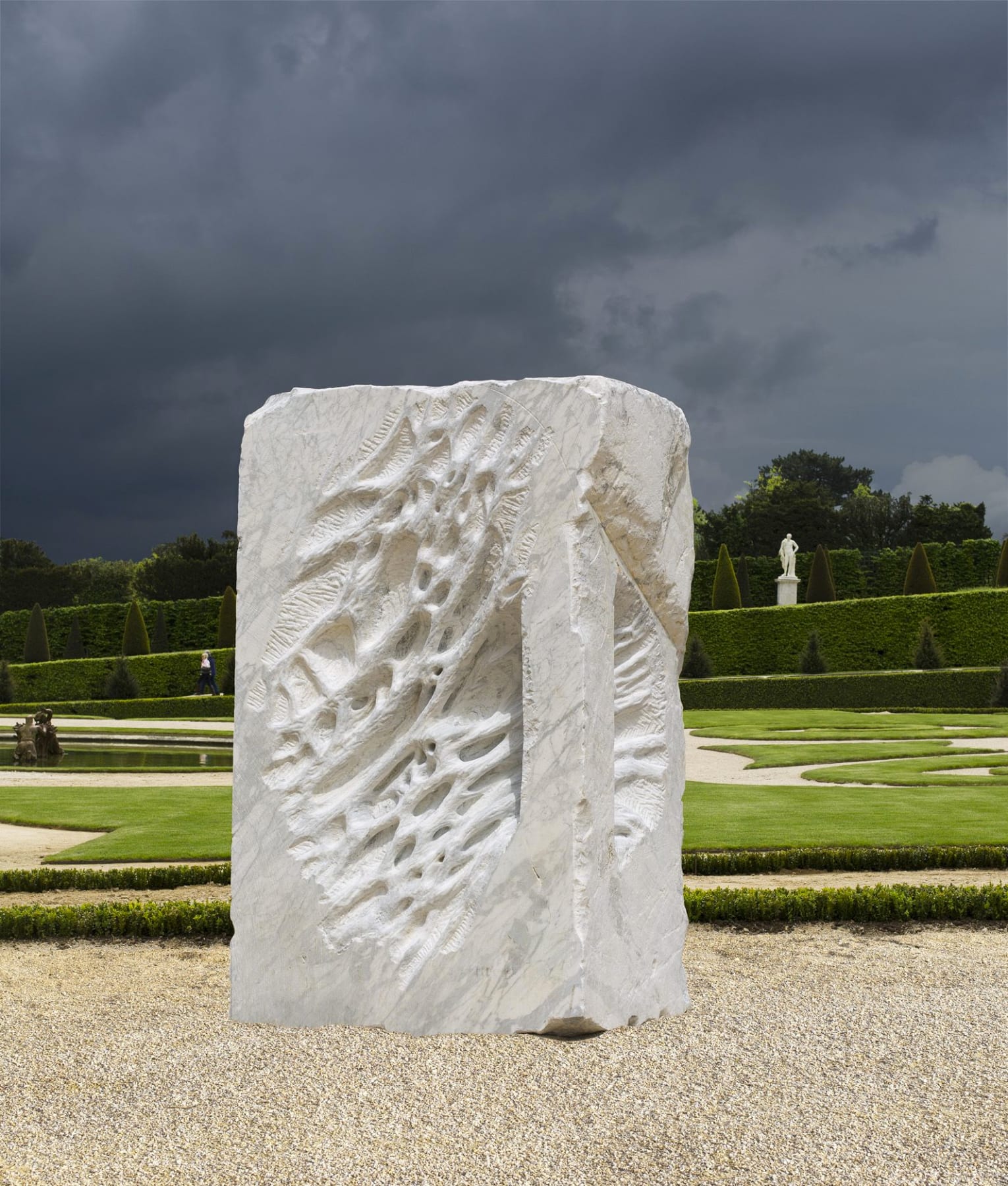
Giuseppe Penone
Biography
Long related to Arte Povera, Penone’s work retains its own distinctive character incorporating binary meanings related to the natural world and the notion of living sculpture.
Giuseppe Penone was born in Garessio, Italy in 1947. Long related to developments in sculpture in the 60s and 70s, and to Arte Povera, Penone’s work retains its own distinctive character incorporating binary meanings related to the natural world and the notion of living sculpture. Penone’s interest in the space between the hand and the touched surface that becomes sculpture and drawing, between imprint and sight, gesture and action, has been sustained throughout his body of work.
Giuseppe Penone has had recent solo exhibitions at the Galleria Borghese, Rome (2023); Centre Pompidou, Paris (2022); Philadelphia Museum of Art (2022); Villa Medici, Rome (2021); Palais d'léna - CESE, Paris, France (2019); Yorkshire Sculpture Park, Wakefield, UK (2018); Chateau La Coste, Le Puy-Sainte-Réparade (2017); Palazzo della Civilità, Rome (2017); Louvre Abu Dhabi, UAE (2017); MART, Rovereto (2016); Rijksmuseum, Amsterdam (2016); Nasher Sculpture Center, Dallas (2015); Musée Cantonal des Beaux-Arts, Lausanne, Switzerland (2015); the Beirut Art Center, Lebanon (2014); the Musée de Grenoble, France (2014); the Château de Versailles, France (2013); Kunstmuseum Winterthur (2013); Madison Square Park, New York (2013) and Whitechapel Gallery, London (2013).
In 2023 Penone became a Foreign Associate Member of the Académie des Beaux-Arts. Among his many awards he recently received the McKim Medal (2017) and the prestigious Praemium Imperiale International Arts Award for Sculpture in 2014. Giuseppe Penone has exhibited at Documenta V (1972), VII (1982), VIII (1987) and XIII (2012) and at the Venice Biennale in 2007, 1995, 1986, 1980, and 1978.
Earlier this year The Logic of the Vegetal – Metamorphosis was presented at Desert X AlUla 2024 located in northwest Saudi Arabia. In May 2024, Penone unveiled a new site-specific sculpture commissioned by the Princess Estelle Cultural Foundation for its sculpture park on Royal Djurgåden, Sweden, in celebration of its five-year anniversary.
Long related to Arte Povera, Penone’s work retains its own distinctive character incorporating binary meanings related to the natural world and the notion of living sculpture.
Selected Works
Giuseppe Penone | Limited Edition
Giuseppe Penone
Avvolgere la terra
envelopper la Terre, our new solo exhibition of works by Giuseppe Penone in our Paris gallery space at 66 rue du Temple, marks the debut of Avvolgere la terra (To enfold the earth), 2024, a new limited edition produced in collaboration with the Gallery. Avvolgere la terra, consisting of 17 sculptures in terracotta with ochre and yellow pigments, refers in name to a primordial gesture, underscoring the intricate relationship between nature and humanity. Exhibitions
News
Shop

Giuseppe Penone
Matrice di linfa

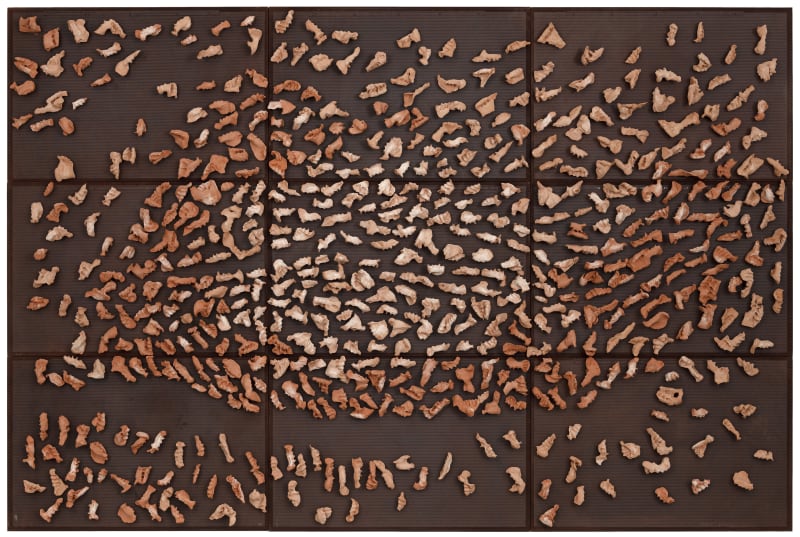
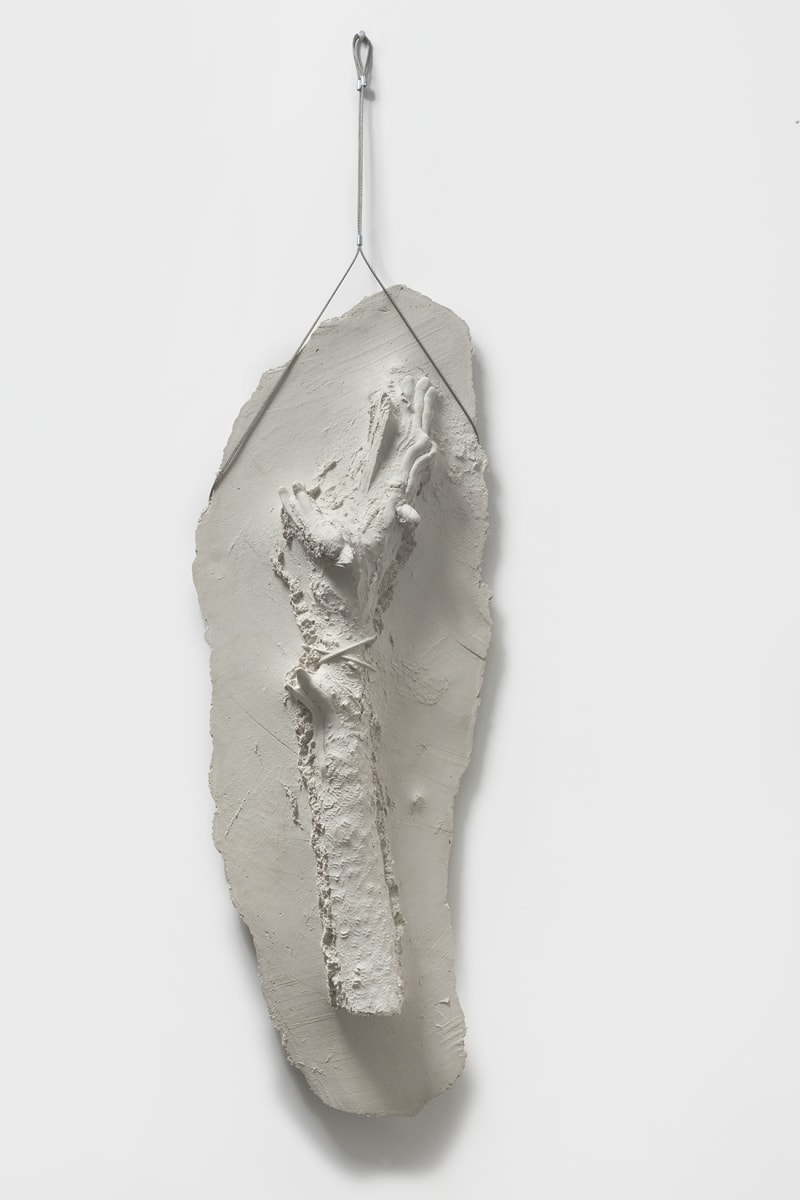

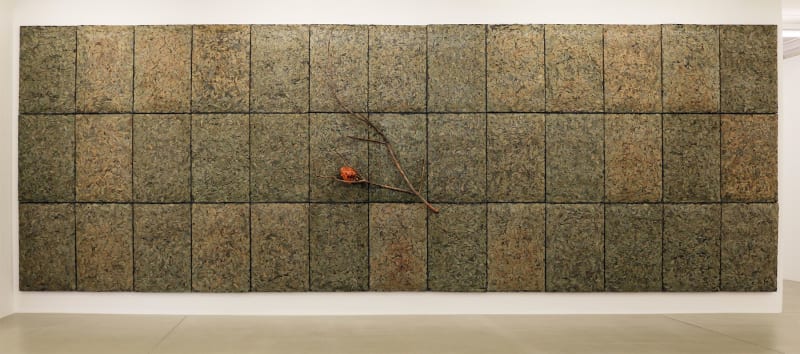
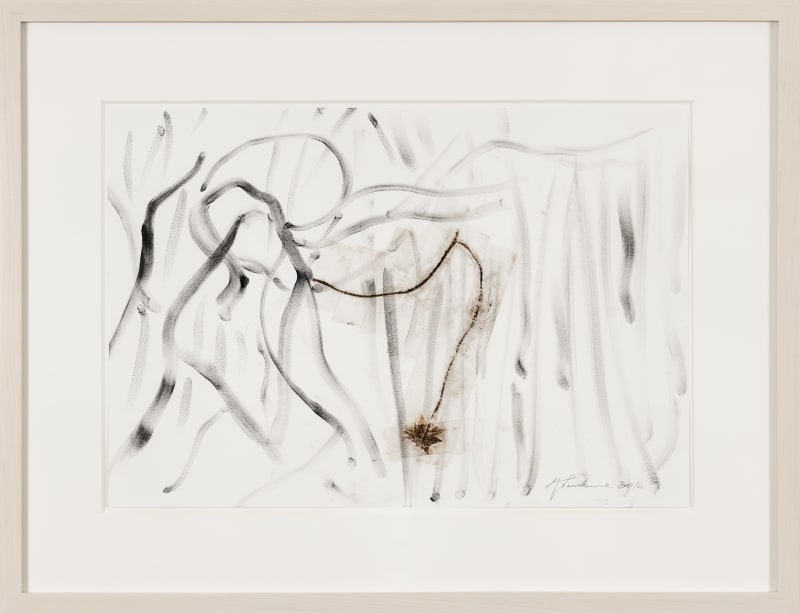

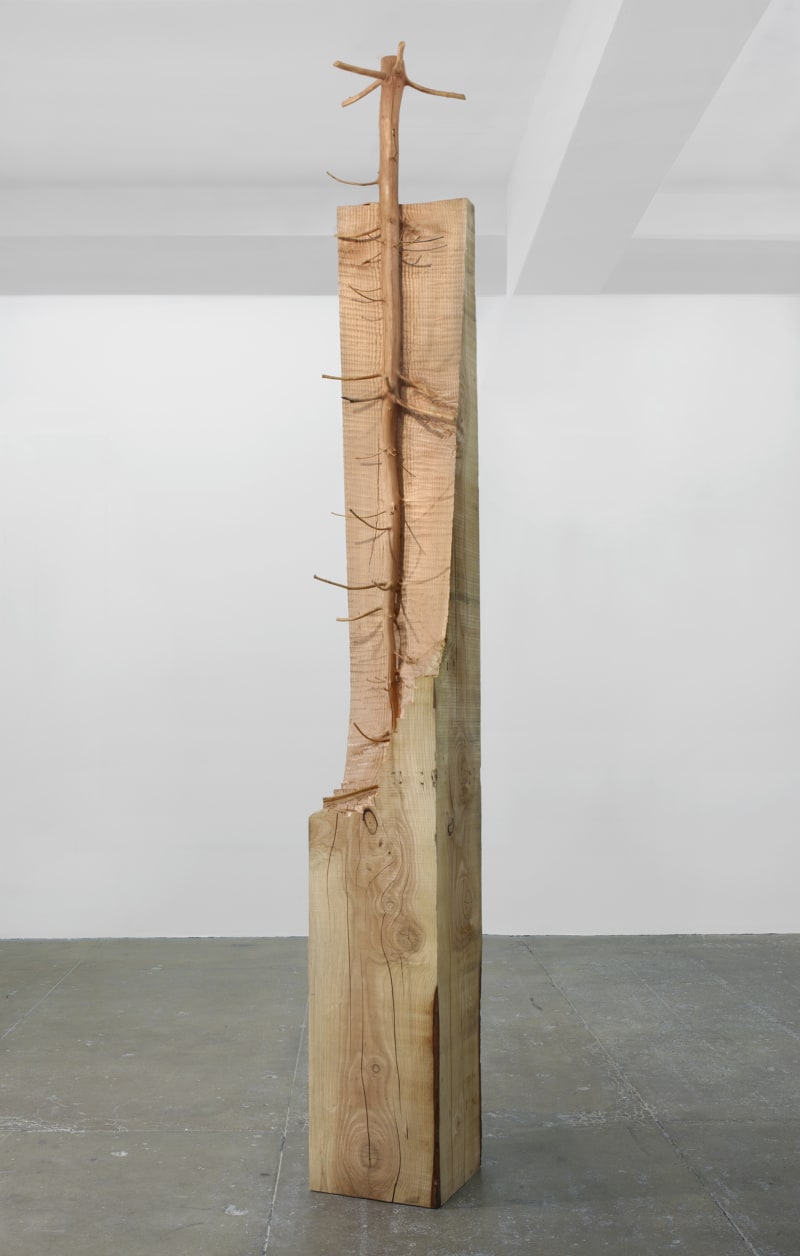
![Giuseppe Penone Spoglia d'oro [5], 2001 Gold, plaster Gold: 7 1/8 x 6 3/4 x 4 3/8 in. (18 x...](https://artlogic-res.cloudinary.com/w_800,c_limit,f_auto,fl_lossy,q_auto/artlogicstorage/mariangoodman/images/view/f8f2983940589cfbdf37a1de066b5b7bj.jpg)
